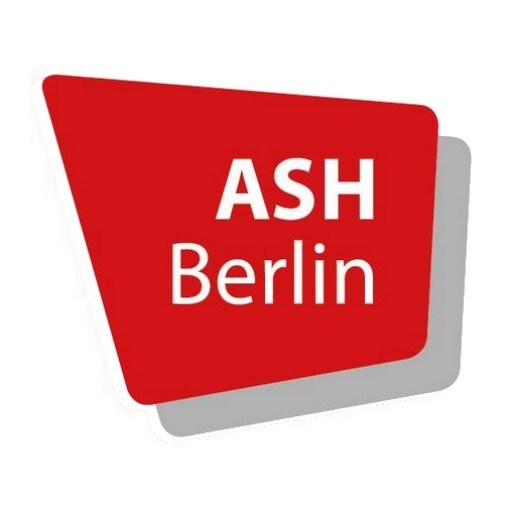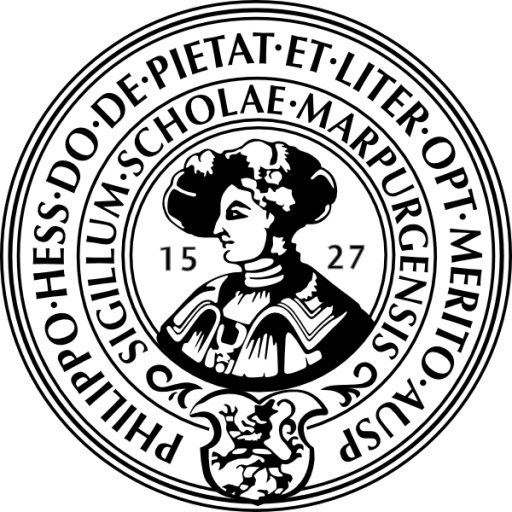Photos of university / #uni_hamburg
The Master's program in Peace and Security Studies at the University of Hamburg offers an interdisciplinary and comprehensive education designed to equip students with the theoretical knowledge and practical skills necessary to analyze, understand, and address complex issues related to peace, conflict, and security in a global context. The program draws upon insights from political science, international relations, history, sociology, and law, fostering a holistic approach to understanding the root causes of conflicts and the strategies for conflict prevention, resolution, and post-conflict reconstruction.
Students will engage with topics such as international peacekeeping, conflict management, human security, arms control, terrorism, and regional security issues. The curriculum emphasizes not only academic theory but also practical application, encouraging students to critically analyze current international crises and develop innovative solutions. Through seminars, workshops, and interactive discussions, participants will improve their analytical skills, intercultural competence, and policy-oriented thinking.
The program also provides opportunities for internships and fieldwork, enabling students to gain firsthand experience in international organizations, NGOs, governmental agencies, or diplomatic missions. Such experiences are designed to enhance employability and prepare graduates for careers in international diplomacy, peacebuilding, security policy, and humanitarian aid.
The University of Hamburg’s Peace and Security Studies program emphasizes a multidisciplinary, research-oriented approach, supported by faculty members who are experts in their respective fields. The program promotes critical thinking, ethical awareness, and a deep understanding of the global repercussions of conflict and peace processes. Graduates will be well-equipped to contribute meaningfully to the development of peace initiatives and security policies at national, regional, and international levels. The program typically lasts four semesters and is taught in English, attracting students from diverse backgrounds worldwide.
Educational organisation
The programme is organised into three elements: an introductory unit, first semester, and second semester. The introductory unit (one week) aims to illustrate basic issues in peace studies and security policy. Furthermore, the co-operating institutes of KoFrieS take the opportunity to introduce their research and teaching profiles during this time. The unit takes place at the Institute for Peace Research and Security Policy at the Universität Hamburg (IFSH) in the first half of October.The first semester provides an intensive programme of study encompassing the following modules:
- International Peace and Security Policy
- International Law and Peace
- Natural Sciences and Peace
- Ethics and Peace
- Economic Problems of Peace and War
Students have the opportunity to take part in excursions to, for example, Brussels and Vienna.
The second semester focuses on a vocationally-based course and intensive practical academic work, including:
- A minimum period of four weeks pursuing practical research at one of the programme's co-operating institutes
- Periods of guided and independent research
- Optional short placements and interviews
- Participation in academic colloquia
- The completion of the Master's thesis
Internships
There is no additional internship necessary because the second semester focuses on a praxis-based course and intensive practical academic work.Forms of assessment
Written and oral exams in accordance with the guidelines, Master's thesisCourse objectives
Knowledge in theory and practices of peace work (conflict prevention, crisis management, post-conflict rehabilitation), social and intercultural competence, interdisciplinary methods of conflict mediationStudents will be prepared for a career in academic peace research, with international organisations, the media or private companies, in peace-keeping and monitoring, verification, development aid, mediation or arbitration, etc.
Language requirements
To be considered for admission, applicants must have a good working knowledge of both German and English and are required to provide appropriate evidence of their language skills. Applicants who do not hold an "Abitur" or a degree from a university in a German-speaking country are required to have passed the Goethe Institute's "Grundstufe III" examination. Candidates from outside the EU who are unable to provide suitable evidence of language abilities may be required by the Admissions Committee to take a language test as a condition of entry to the course. Arrangements for such a test may be made with a DAAD office in the applicant's country of origin or residence.The following are accepted as evidence of appropriate English language abilities: a TOEFL score of 570 (230 on the computer-based test) with an essay score (TWE) of 4.5 or better (http://www.toefl.org); a pass in the British Council's IELTS or the Cambridge Proficiency exam, or an academic degree in which English was the main language of instruction and examination.
Only native speakers of German or English are not required to provide proof of language ability in their mother tongue.
Required DSH / TestDaF
YesAcademic requirements
Prerequisites are an interest in the field of peace studies or peace research and security policy and having gained 240 points ECTS (usually a four-year course in any discipline) in a prior university education. In case 240 points were not achieved, there is also the possibility to request additional credits for certain experience. In this case, please enclose a written request to your application. The following achievements may be counted as additional ECTSa) Job experience relevant for the course: for this kind of professional experience of at least more than one year, a maximum of 30 credit points can be given.
b) Relevant internships connected to the course: a maximum of 20 credit points may be given. For short internships (less than one month) a maximum of five and for internships up to three months - a maximum of 10 credit points can be given. It is not allowed to gain additional credit points for internships that were part of the previous studies.
c) Advanced training or extra-curricular activities relevant for the course: a maximum of 20
credit points may be given.
Further requirements are: professional interest and scientific or practical experience related to issues of peace and/or international security and sufficient knowledge of English and German language
Prospective students from abroad are welcome to apply.
You can find the application form and further information regarding the applications if you follow the link: http://ifsh.de/en/teaching/mps/applications/
Enrolment fees
There is a semester fee of 310 EUR per semester. This fee includes a semester ticket covering public transport in the Hamburg metropolitan area.Before the programme starts, students must make a single payment of 500 EUR to compensate for the resident institutes' costs during the students' stay.
Costs of living
We recommend that single students budget at least 800 EUR per month to meet personal expenses (accommodation, living, health insurance, books).Job opportunities
Students who enrol in a full-time programme will generally have only limited time for part-time jobs.As a rule, students who hold an international student visa may work for up to 120 full days or 240 half days per year. Further information on work regulations for international students at Universität Hamburg can be found here: http://www.uni-hamburg.de/piasta/beratung_e.html
Funding opportunities within the university
International full-time students may apply for merit scholarships or exam grants of Universität Hamburg. For more information, please use the provided link. We also recommend contacting our colleagues in the Department of International Affairs for further guidance.http://www.uni-hamburg.de/internationales/studieren-an-der-uhh/finanzierung-des-studiums_e.html
Arrival support
Students and researchers can find information on how to get started in Hamburg on the website of the PIASTA programme at the Universität Hamburg Department of International Affairs (http://www.uni-hamburg.de/piasta_e.html) and on the website of the Hamburg Welcome Center (http://english.welcome.hamburg.de).During the International Welcome Week organised by PIASTA, you will be able to get in touch with all the important institutions and contacts which are particularly useful for international students: http://www.uni-hamburg.de/piasta/veranstaltungen/international-welcome-week_e.html
Services and support for international students
The Universität Hamburg CampusCenter is the first port of call for all current and prospective students and offers information, services, and counselling. The PIASTA programme at the Universität Hamburg Department of International Affairs offers support and advice for German and international students, as well as cultural events and workshops.For more information, refer to: http://www.uni-hamburg.de/piasta and https://www.uni-hamburg.de/en/campuscenter.html
The welcome service of the Universität Hamburg Department of International Affairs is the first contact address for international visiting researchers and others: http://www.uni-hamburg.de/internationales/wissenschaft/service-international_e.html
Accommodation
Accommodation is available through the "Studierendenwerk" (students' services) or on the private market. The "Studierendenwerk" provides rooms in halls of residence, most of which are single rooms with shared kitchens and showers/WCs. We strongly advise students and researchers to arrange accommodation prior to arriving in Hamburg, as demand for affordable accommodation is sometimes larger than supply.For more information on how to find accommodation and how to plan your first steps in Hamburg, please refer to: https://www.uni-hamburg.de/piasta/beratung/doc/willkommen.pdf







